Building brands through cause marketing & social impact: P&G’s Sonali Dhawan
“Today, #ShareTheLoad is no longer a campaign that belongs to Ariel alone, it has become a social movement, not just in India but outside the country as well,” says Sonali Dhawan, Marketing Director, P&G India, and Fabric Care. Truely global brands can spark powerful conversations that take a life of their own, and #ShareTheLoad is something that everybody now uses across every conversation.
Ariel has been unearthing the reality of inequality within households since 2015 with their award-winning movement – #ShareTheLoad. It recently rolled out another film, Sons #ShareTheLoad, that raises yet another pertinent question in this direction – Are we teaching our sons what we are teaching our daughters? The film urges mothers of today’s generation to raise a generation of equals.
Dhawan added, “We have already garnered 15 million views, and that shows how the film is truly resonating with our audience. This year, we are focusing on the younger generation, who, if raised in a balanced manner, will grow up to be a generation of equals – the onus lies on our generation of parents. Laundry is almost the face of the change we are trying to drive across the country. Because with Ariel, it’s so simple to do laundry that there’s no reason for anyone to not share the load!”
The genesis of #ShareTheLoad
While Ariel’s brand recall has been high and the detergent powder has been considered to be a good product, P&G sought to know how the brand has been impacting women’s lives.
As shared by Dhawan, “We realised that it was impacting women’s lives in two ways: first, it simplifies doing the laundry as all one has to do is dunk the clothes in it and they are clean. I can get anybody else to do the laundry because the results are so reliable and that’s when we started asking women, ‘Why is it so important for other people or for you to share the load’? The response that we got was that most women felt that they could not share the laundry load with others as they were not sure they would get the same results.”
However, with Ariel, a few women said that they felt confident enough to get somebody else to do it, and that’s where the conversation started about making a real difference and impact.
“We asked ourselves, why don’t we get the brand to stand up for a cause that is bigger than just the product benefit? Why not turn this into a larger conversation? At that time, we commissioned survey with Nielsen to try and figure out the pulse of the country, because there was a lot of conversation about women and equality outside of home at that time. So, we wanted the understand what the country felt about the conversation of equality at home and we got this amazing stat, where 79 per cent men thought that household chores are solely a woman’s job. We felt obligated to raise this conversation on whether doing the laundry is really a woman’s job. P&G is a company that firmly believes that its brands should be a force of good. We thought, ‘here’s a society in need for brands to exert their influence to make about a change as a perfect confluence’, and hence, was born the idea of ‘Share The Load’,” she elaborated.
Continuing further, Dhawan said, “With our first film, we wanted to spark a debate on whether doing the laundry was really only a woman’s job. In our next two films, we tried to look at the reason for the way the society is the way it is. It has been a journey of 4 years of questioning and conditioning, and I am very happy for it.”
Cause marketing Vs delivering ROI for brands
Dhawan believes that campaigns such as this should make a social impact and influence, but at the same time it should also come back to the brand and benefit it. According to her, that happens when the conversation starts with what the product can really do. In Ariel’s case, it started from a delivery that the product could do and the conversation started with laundry as the symbol and the role Ariel played in laundry – that is, simplifying laundry so that women could find some time for themselves.
“If the goal of the campaign is to simply grab eyeballs and not make an actual change, then I don’t think it works. You can see this thought in a lot of products from P&G’s stable – for example, Whisper talking about period taboos, #LikeAGirl, Pampers, Vicks, etc.,” Dhawan added.
The second thing that makes the difference is that the brand should have the stature to be able to make a change; not every brand is in that position to be able to make a social change because of its influence. When brands have that kind of stature and influence like Ariel does, they can bring about that kind of change.
A social mandate for all P&G brands?
Dhawan replied, “We believe that our brands should be a force for good. We are usually the No.1 and sometimes the No.2 brand of the category, so our brands have the ability and influence to shape society, social norms and social behaviour. As a result, we really do believe that we should use this influence of our brands to be a force for good. So yes, it is a corporate philosophy and something that we would want all our brands to think on, if they believe that their product has a role in it and if the brand has indeed got the influence and stature to make it.”
Strategy for Tier 2 and 3 markets
For Ariel, social change has a trickle-down effect, and social media has been a great help in spreading the in Tier and 3 markets. According to Dhawan, “When you create something very relevant and very close to somebody, it becomes a way of affecting change. In cases when people can’t speak overtly about something, then films like #ShareTheLoad are the way to impacting the change, and that change is happening and you can already see it.”
Speaking from her experience, Dhawan shared, “I do a lot of consumer work, where I go out to a lot of small towns across in India, and I can see the changes that are happening – what the society and the mothers are expecting out of their daughters is very huge, I just hope that they start to have similar expectations out of their sons, because the contrast used to be very stark.”
She pointed out how conversations are there now on ‘When your daughter will be working, will you teach your son to cook?’ Initially they have no answer, but then it strikes them that both are actually very connected conversations. “The quality in the workplace can only happen when the support and equality at home is there. In the survey that we did this year, almost 7 out of 10 women have refused more responsibility at work – either a promotion or a new role – because they are worried about getting that support from home,” Dhawan noted.
She further said, “What you create that support at home, the same women can confidently take the responsibilities at work and then all of us are in the same boat. If you don’t have the liberty at home, there is no way you can make a change in the outside.”
Vision for 2019
Dhawan said that there would be many more conversations that P&G would be taking forward, for instance, addressing the issue of mental health, encouraging women to take on bigger roles at the workplace, encouraging men to share the load on a daily basis and not make it an occasional support.





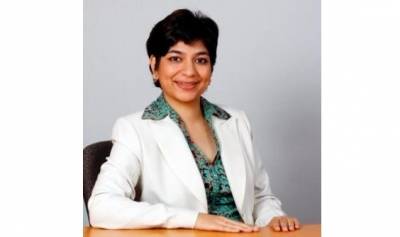


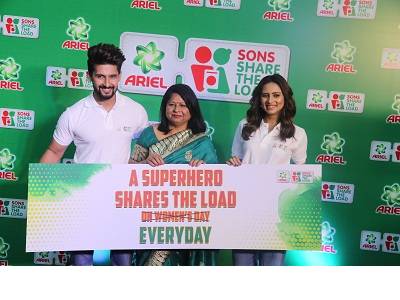
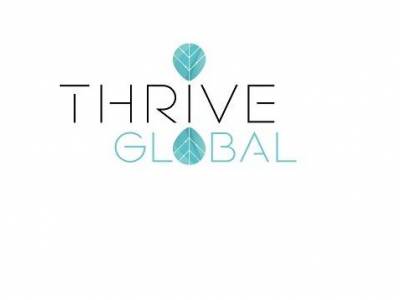
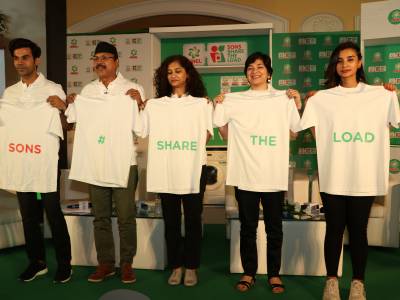
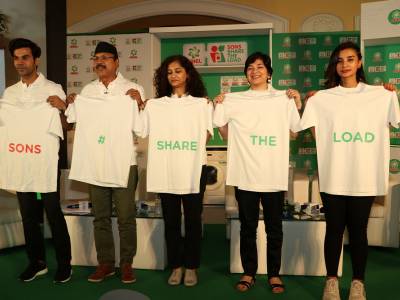


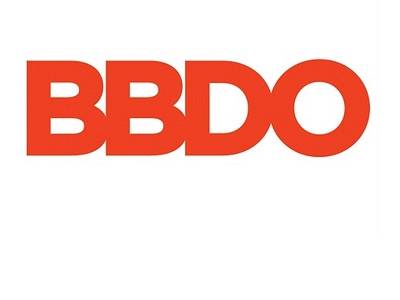





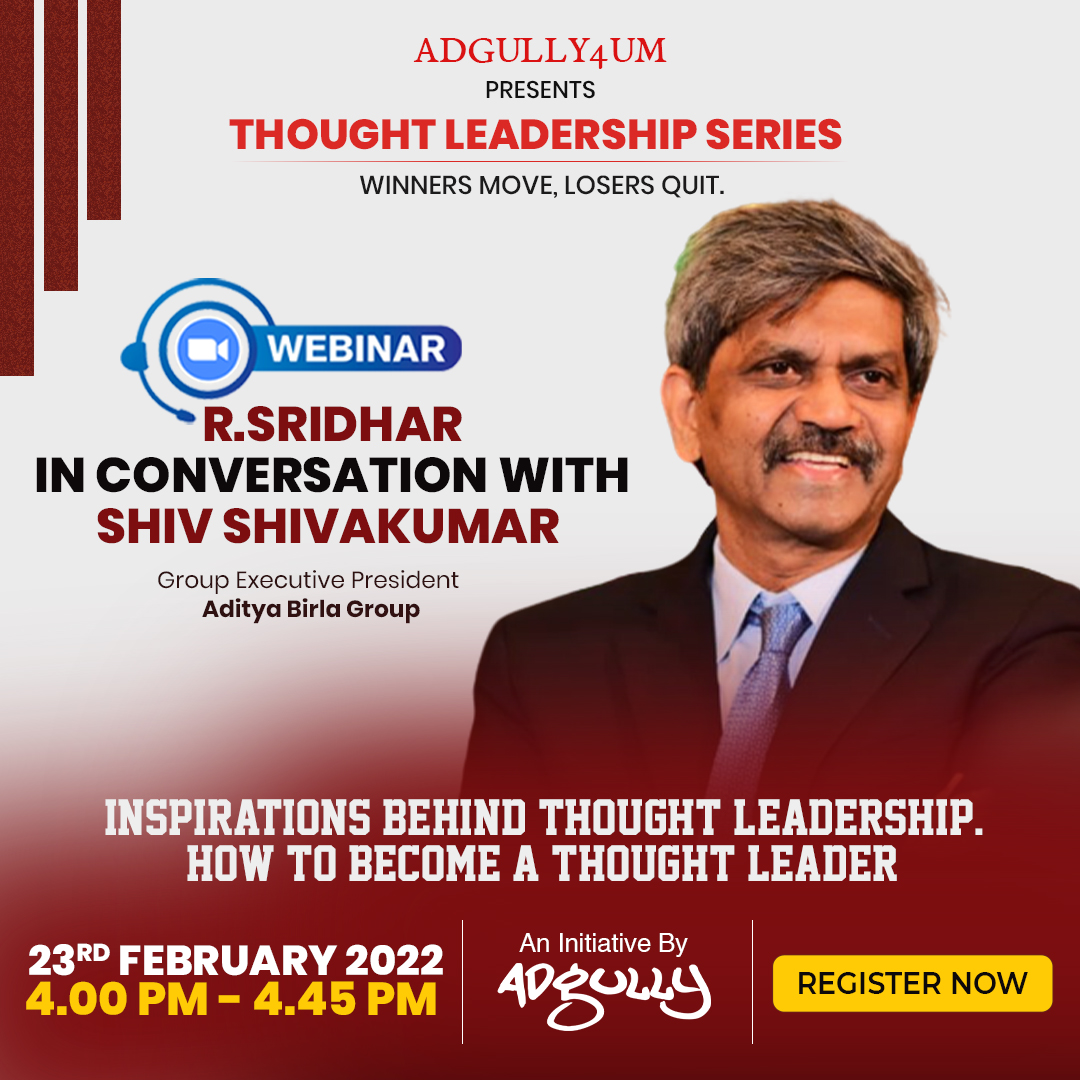
Share
Facebook
YouTube
Tweet
Twitter
LinkedIn